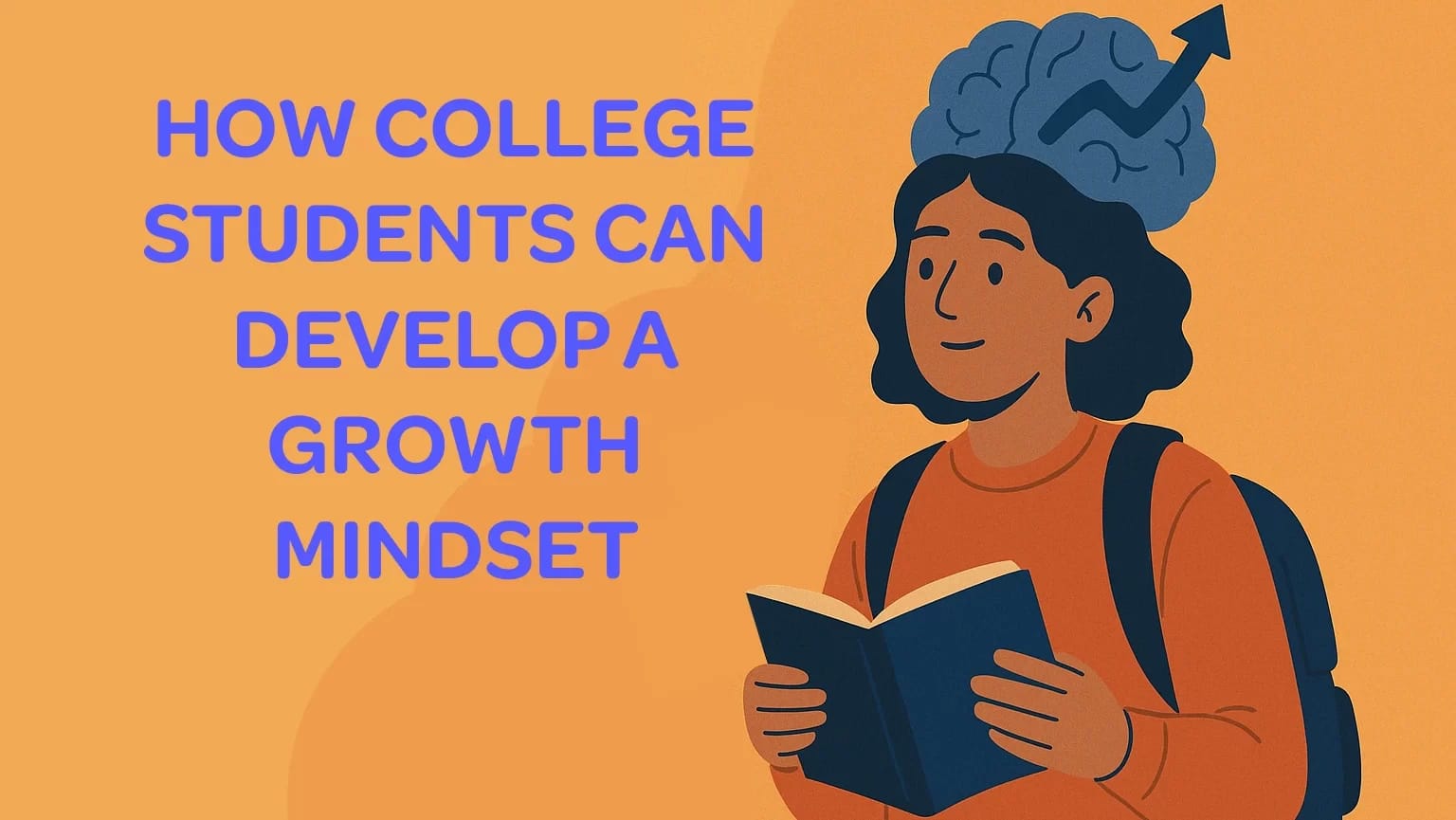The increased use of social media and indulgence in instant gratification activities has done one thing: lower our attention span. Kids and adults struggle with putting their phones away, so how do we return our attention span to baseline? The answer lies in meditation.
In today’s society, we do everything to escape boredom and milliseconds of doing nothing. While waiting in line for coffee, we’ll check our phones. While at a red light, we’ll look at our phones for text messages. We hate waiting and boredom, so we engage in these activities to keep our minds occupied.

If you’re anxious and struggle to be present, the cause could be your indulgence in quick-pleasurable activities, such as eating junk food or scrolling through your phone. While reducing your screen time would be a viable solution to fix your low attention, meditation would enhance your ability to stay focused longer.
In this article, we uncover the nine unknown benefits of meditation.
1. Greater focus
Achieving focus is self-explanatory enough, but maintaining focus is where it gets tricky. The mind is constantly moving from one place to another, thus making us all prone to mind wandering. As a result, this makes it harder for us to stay focused because of our mind’s nature to be in the past and future instead of the present.
Meditation quiets the mind and keeps it centered on what currently matters. It takes practice, but the more you do it, the better you’ll recognize these irrelevant thoughts as they appear.
2. Increase in happiness
Psychologist Matthew A. Killingsworth from Havard University wrote, “A human mind is a wandering mind, and a wandering mind is an unhappy mind.”
Mind wandering occurs because there isn’t much going on in the present, so we visit the past or future to “entertain” ourselves. It typically makes us less happy because we relive our regretful mistakes of the past. Additionally, it unnecessarily makes us more anxious because we worry about the future that hasn’t occurred yet.

When we build a consistent meditation habit, we better catch ourselves whenever our mind wanders, keeping us squared in the present. Ultimately, this brings greater joy as we disassociate ourselves from the past and future, allowing us to watch the beauty of the present unfold.
3. Decreased risk of mental health disorders
The main reason why mental health disorders, such as stress, anxiety, and depression, arise is because we’re worried about something or bearing the tragedy of a disastrous event. Some examples include losing our jobs, worrying about financial security, divorce, or failing in school.

Meditation is like medicine, healing us from past disasters and helping us relax whenever future worries arise. It keeps us immersed in the present until these worries subside and heals us by equipping us with the strength to let these tragedies go.
4. Better decision making
We all make decisions within a split-second, so how do we make good decisions? To do this, we have to become more self-aware. We often make decisions subconsciously without weighing the pros and cons, which increases our chances of making hurtful decisions. Growing self-awareness allows us to come to our senses and thoroughly weigh the pros and cons before deciding.

When you catch your mind wandering, you are self-aware, allowing you to recognize the thinking and decision you’re about to make. The most effective way to strengthen your self-awareness is through meditation because you’re essentially practicing your recognition of nonsense and irrelevant thoughts.
5. Improves breathing pattern
Most people go about their day not knowing they’re doing something deteriorating their health: breathing through their mouths. Breathing through the mouth is responsible for bad breath, sleep apnea, crooked teeth, and facial deformities.

Meditation consists of breathing in through the nose and out through the mouth. As you meditate regularly, your body will become accustomed to breathing through your nose. Over time, you’ll start breathing through the nose without much thought.
6. Helps you fall asleep faster
When our minds are racing from x, y, and z, it can be challenging to relax and be at peace. A racing mind can cause us to feel stressed and anxious because of how much worry we’re undergoing.

At night, a racing mind can make falling asleep impossible because our minds never seem to turn off. Meditation allows us to escape worry by diverting our attention to our breath, which helps us fall asleep faster and improve sleep quality.
7. Improves emotional discipline
As our thoughts constantly change, so do our emotions. Anger, sadness, happiness, and fear are all temporary emotions influencing our behavior and actions. Therefore, it’s paramount to have emotional control because it will prevent us from making choices that hurt ourselves and other people.

Meditation helps us control our emotions by making us aware of the mood we’re experiencing. From there, we can stop ourselves from continuing to feed into these emotions. For instance, when we’re angry, we can watch our anger from afar as it subsides.
8. Increases discipline
Every decision we make begins with a thought. We eat the chocolate bar because of the taste. We go to the gym because we think about how much muscle we want to gain. Other times, some decisions require little thought because it’s been a habit. For example, checking your phones first thing in the morning uses little thinking because you’ve been doing it routinely.

Meditation helps us recognize our thoughts, which builds discipline because we know when we’re about to engage in a habit that isn’t good for us. Knowing what thoughts we’re experiencing better prepares us to fight against the indulgence of a bad habit.
9. Improves communication with others
Being an eloquent conversationalist comes from knowing what to say while actively listening to what the other person is saying. When you combine the two, you’ll never run out of things to say and better promote a meaningful conversation.

The two significant principles of active listening are being present and avoiding daydreaming, which mediation teaches you to do. When you’re present, and your mind isn’t wandering off, you could better structure a response reflecting your partner’s words and the agenda of the conversation.
Conclusion
Like all healthy habits, reaping the benefits of meditation requires patience, time, and consistency. If you meditate for ten minutes today, you won’t wake up tomorrow with complete jurisdiction over your emotions. Meditation is a skill you can improve—the more you practice, the better you become. If you’re new, I recommend starting small at 5 minutes and slowly working your way up.
After reading this article, which benefit is encouraging you to start meditating?


